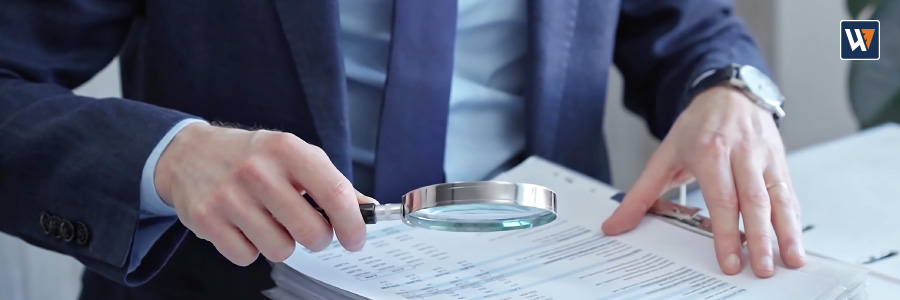Buy-to-let Taxation
3rd March 2014If you are considering purchasing a residential buy to let property, you may not be fully aware of the taxation implications. Usually there will be two taxes that you may have to pay.
These are, income tax, which is payable each year based on your profit from the buy to let property, and capital gains tax, which is payable when you sell the property and is based on the sale proceeds of the property less the cost of the property, or other appropriate base value, less all available CGT reliefs/exemptions.
Income Tax
Usually there will be two types of income that you will receive from your tenants – rent & deposits. Rent is taxed each year, based on the income that is due to you during a tax year rather on the rent that you actually receive during the year. For example, if a tenant pays you in advance, only that part which falls within the tax year will be taxed in that year. The remainder will be taxed in the following tax year. Similarly, if a tenant is late paying you, that part which was payable in the earlier tax year will still be taxed in that year. The only exception to this is when a tenant defaults on a payment and you will not be able to recover the amount due. Deposits are not taxable whilst they are still repayable to the tenant, but once either part or all of the deposit ceases to become repayable, ie because there has been damage to the property, then this will become taxable at this point.
There will be various expenses that you will incur on your property, those that you can offset against your rental income (allowable expenses) and those that you cannot offset against your rental income (disallowable expenses). The more usual items are listed below:
Allowable
- Advertising the property for let,
- Repairs to the property and general maintenance costs,
- Cost of services provided to your tenants, such as utilities,
- Managing agents fees,
- Insuring the building and contents,
- Interest paid on any mortgage taken out to buy the property (in certain cases, relief is granted on other loans taken out since the property was purchased).
Disallowable
- Renovation work and improvements made to the property, e.g. replacing an item with a one of a higher specification, installing central heating, carrying out any work which was accounted for by a reduced purchased price for the property,
- Capital repaid on any loan taken out to buy the property,
- Costs incurred whilst the property is not available for letting,
- Costs of purchasing/selling the property.
These lists are not exhaustive and we would therefore recommend that you seek advice regarding any expenditure incurred to ensure that you obtain any income tax relief available. Where an expense is not allowed for income tax you may be able to obtain tax relief for these expenses once you sell the property and this falls within “Capital Gains Tax”.
There are additional rules regarding furnished lettings, including furnished holiday lettings. These rules may result in you being able to claim additional expenses against your income. If your letting is furnished, please contact us so that we can discuss these additional rules with you to see if you can make additional claims.
Capital Gains Tax
The gain that is subject to capital gains tax is the proceeds that you receive from the sale less the price that you paid for the property, or other appropriate base value. These costs will include your costs of purchasing and selling the property, such as legal expenses, estate agents fees and stamp duty. If you have carried out any improvements to the property, including renovation work and these costs have not qualified for relief under the income tax rules then you may be able to get relief for these expenses now. The amount of tax that you will eventually pay will depend upon the length of time that you have owned the property and whether you have lived in the property at any time during your ownership.
Administration
You are required to complete a personal tax return, including the relevant Property and Capital Gains supplementary pages, and pay your tax liability for each tax year once your letting has commenced, even if you do not already receive a return from HMRC. HMRC charges penalties where the Tax Return is submitted late and interest where the tax is paid late








